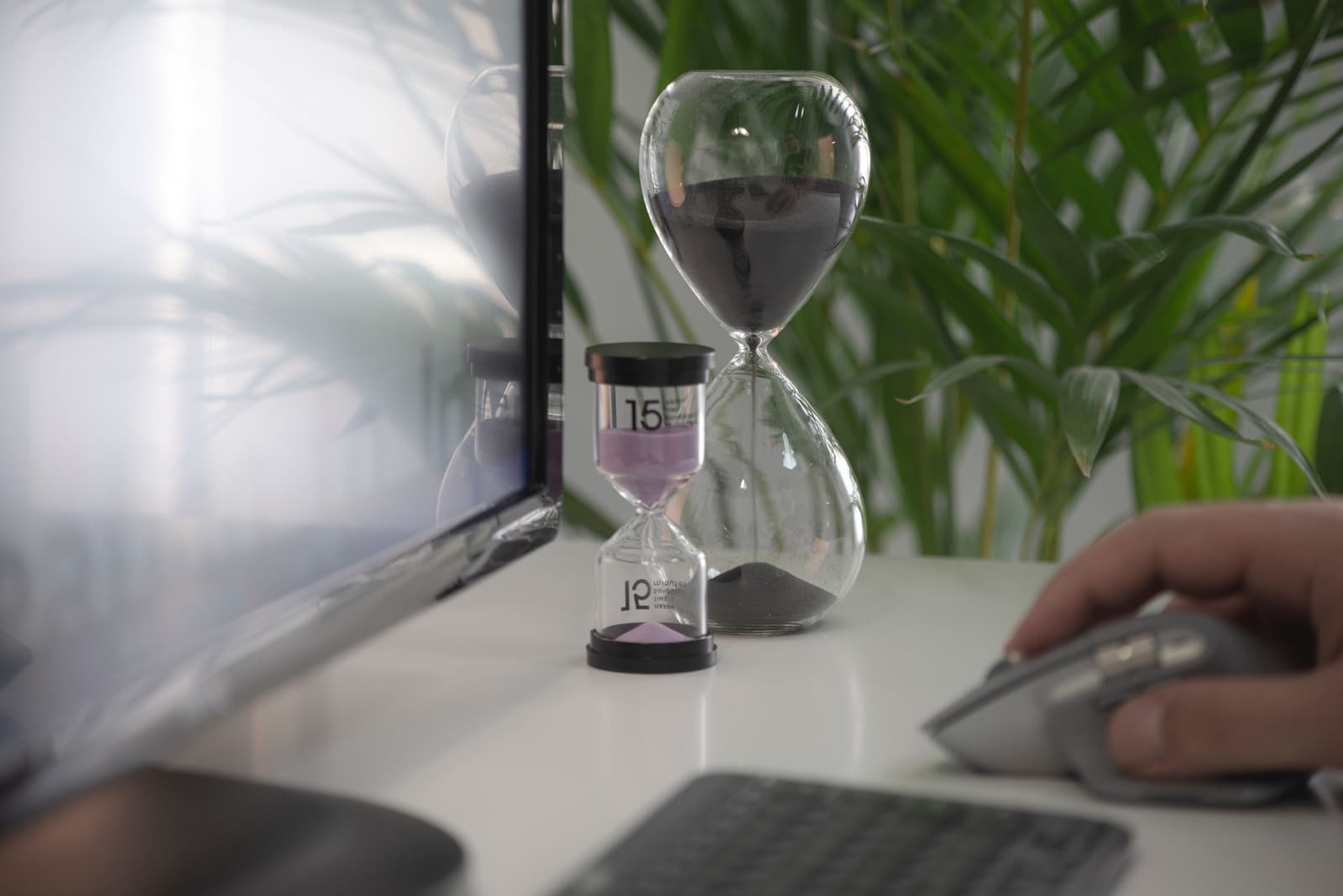
Capture expenses to maximise your profit at tax time
An easy way to reduce your tax bill and boost business profitability is to capture all your business expenses. In this article we share tips to help make managing your expenses easy, efficient and painless.
Article contents
− +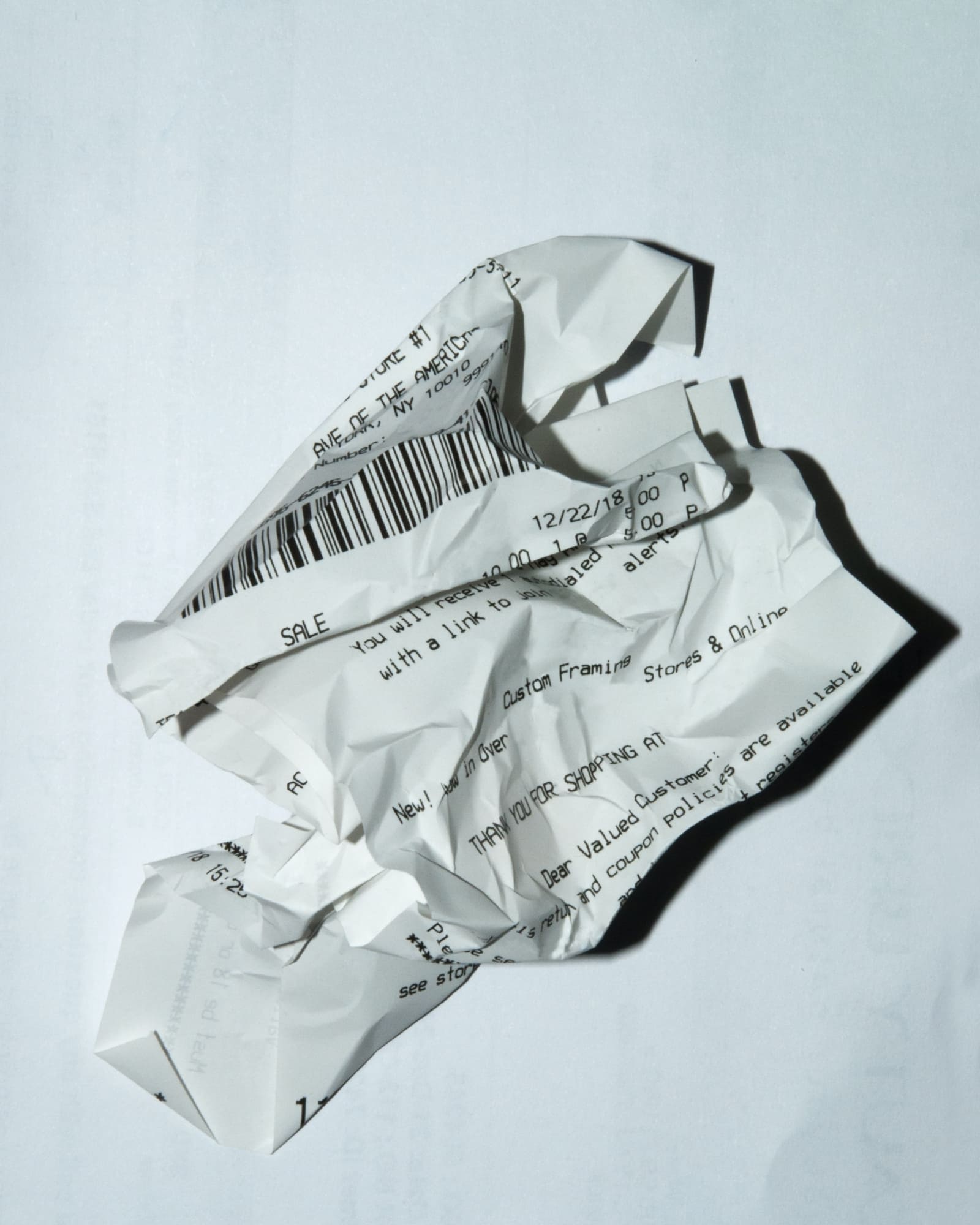
Capturing business expenses should be a no brainer for a freelancer. It's vital for knowing exactly how profitable your business is and what you're going to owe at tax time.
There are usually 3 types of expenses a sole trader has to keep track of:
1) Recurring expenses - Where the same amount of money is paid to the same vendor at regular intervals. Often based on a subscription plan or contract, you should be able to forecast exactly when these expenses are due and how much they will be.
Some examples are office rent, internet service, software subscriptions or professional association memberships.
2) Regular expenses - Things you spend money on regularly but there's no pre-defined pattern. Spend may fluctuate depending on business requirements but you can predict likely spend over a time period.
Some examples are materials (physical or digital) needed to deliver the product or service you sell, office supplies or business travel.
3) Ad Hoc expenses - Ad hoc expenses incurred once or infrequently. It's sometimes difficult to predict or plan for these expenses accurately.
Some examples are business set up costs or a replacement for something lost or broken.
How can I make my expenses easier to track?
Here's some simple things you can do to make the tracking expenses quicker and easier whilst also reducing the risk of things getting missed and costing you at tax time:
1) Set up a dedicated business bank account or credit card - It might be tempting to save a few dollars by using your personal bank account or credit card to run your business. The reality is it makes things makes much harder than they need to be.
Having to trawl through personal transactions and separate out the business ones can be time consuming. A dedicated business account or credit card will remove that task completely.
2) Ditch the spreadsheet and use an accounting app - The right accounting software will pay for itself many times over by automating tasks and making data capture quicker.
Rounded allows users to set up recurring expenses which are automatically added as required.
Our iOS or Android Apps make it really easy to capture physical receipts and store them so they don't fade or get lost. If you’re worried about being audited and keeping paper records, the great news is that electronic copies of receipts are perfectly acceptable to the ATO.
Finally connecting your bank account or credit card to Rounded enables you to see your bank statement inside the app and use it to create expense records, further reducing the need for manual data entry.
You'll also be able to see at a glance if anything has been missed and the instant impact adding an expense has on your estimated tax liability.
3) Schedule regular time to do your expense admin - Choose a timeframe which works for you - consistency is the key.
It can be hard to find time for admin when you're busy at work and at home. Remember, once you've gone to the trouble of setting up a bank account and your accounting software this is where you will get the real pay off only having to spend a very small proportion of your time on admin tasks.
Consistently spending time on your expenses admin will mean it never gets overwhelming and you approach tax time with confidence, knowing your business is in the best position possible to maximise profit.
This article is not intended as financial advice and is general in nature. Please talk to an accountant or the ATO for specific advice relating to your business and personal circumstances.
Join newsletter
ABOUT ROUNDED
Invoicing and accounting software for sole traders. Get paid faster and relax at tax time.
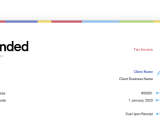


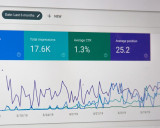

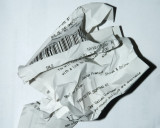







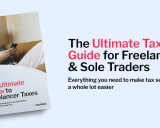

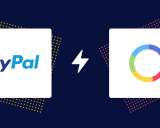




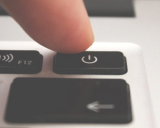




-p-1600.jpeg)
